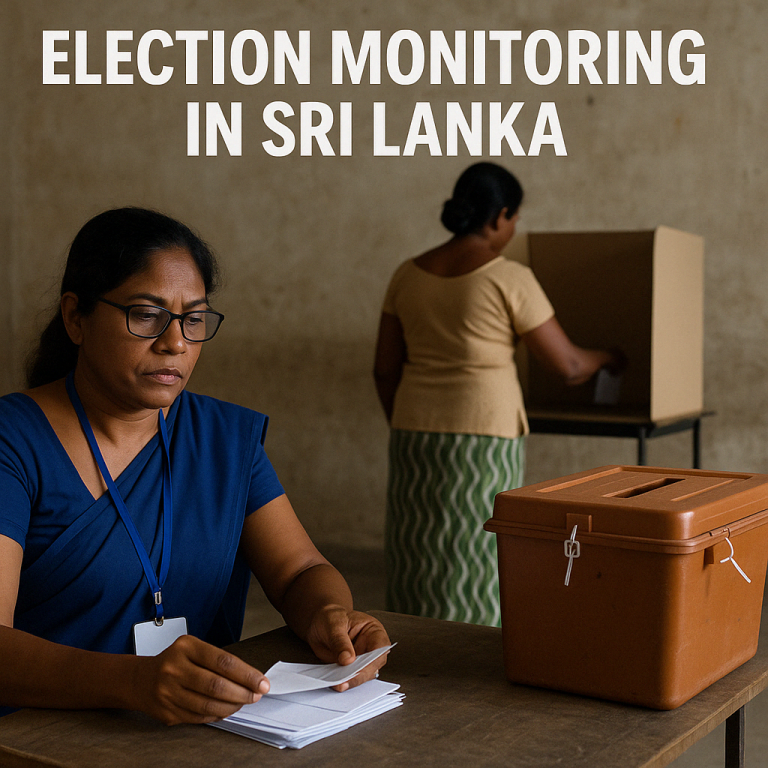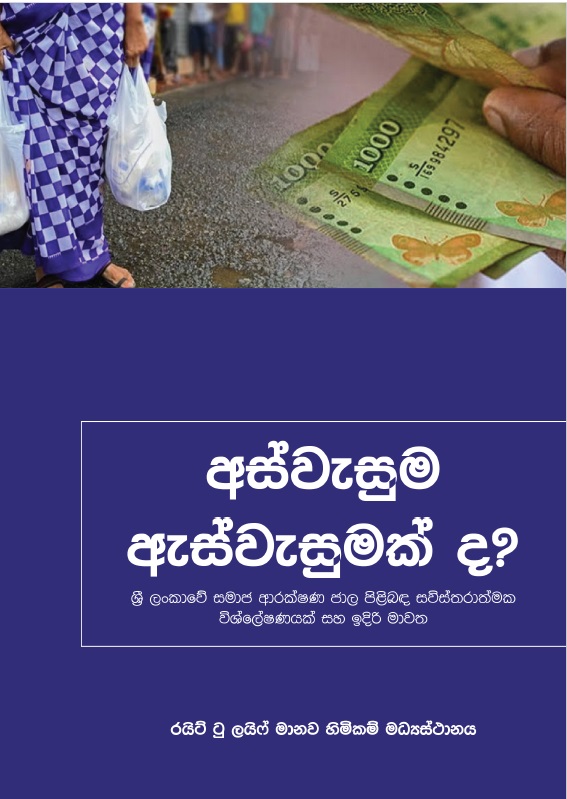In a controversial turn of events, Sri Lanka’s Supreme Court has been accused of “judicial cannibalism” by President Ranil Wickremesinghe following its ruling that the enactment of the ‘Gender Equality’ Bill is inconsistent with Article 12 of the Constitution. This landmark judgment has sparked intense debate within the Parliament.
President Wickremesinghe, addressing Parliament on Tuesday, proposed the appointment of a select committee to review the judgment. “The top court has ignored a certain section which the Gender Equality Bill has addressed. It has eaten up all the judgments, including one given by a bench of ten judges regarding women’s rights. It has engaged in judicial cannibalism. The Court has also ignored an amendment to the penal code by the Chief Justice,” the President was quoted as saying by the Daily Mirror.
The Gender Equality Bill aims to legalize equal opportunities for all individuals, regardless of sex or gender identity, in Sri Lanka, a predominantly Buddhist country with a population of 22 million. However, the Supreme Court’s ruling has put this progressive bill on hold.
President Wickremesinghe further emphasized the challenges posed by the Supreme Court’s determination. “The determination also challenges the Priven Education Bill. I don’t propose to summon judges before Parliament, but I propose that we appoint a majority of members from the Parliamentary Women’s Caucus to the select committee,” he stated, raising a privilege issue.
The proposal to challenge the Supreme Court’s ruling has been met with mixed reactions from Members of Parliament. MP Wimal Weerawansa expressed strong opposition to challenging the Supreme Court’s determinations. “Why should we have a Supreme Court if we are going to challenge it every time?” he questioned. Weerawansa highlighted the importance of upholding the rights of women and individuals with gender identity issues but warned against legal provisions that could lead to the exploitation of gender equality for malicious purposes.
Similarly, TNA MP MA Sumanthiran suggested referring the bill back to the Supreme Court for re-determination rather than challenging the court’s authority. “It is not a healthy move to appoint select committees to look into each determination given by the Supreme Court,” he noted.
Bar Association of Sri Lanka (BASL) also criticized the President’s move.
The Supreme Court’s three-member bench ruled that certain clauses of the Gender Equality Bill could permit same-sex marriages, which the court found to be constitutionally and culturally inappropriate. The court stated that recognizing same-sex marriages and individuals with different gender identities would require a two-thirds parliamentary majority and a referendum to be adopted without amendments.
Presiding Judge P Padman Surasena, backed by the other two judges, wrote, “It is clear that when this Bill becomes law, it becomes possible for any interested party to claim legal status for same-sex marriages. This is something which neither our constitution nor our culture has envisaged.” The judgment emphasized the significant cultural and moral implications of de-criminalizing homosexuality and recognizing same-sex marriages in Sri Lanka.
The petitioners against the bill argued that allowing same-sex marriages would hurt the cultural sensitivities of various communities. The Supreme Court’s ruling has reinforced these concerns, leading to a polarized debate over the future of gender equality and LGBTQ+ rights in the country.
As the controversy continues, the proposed select committee and the ongoing discussions in Parliament will determine the next steps for the Gender Equality Bill and its implications for Sri Lankan society.







